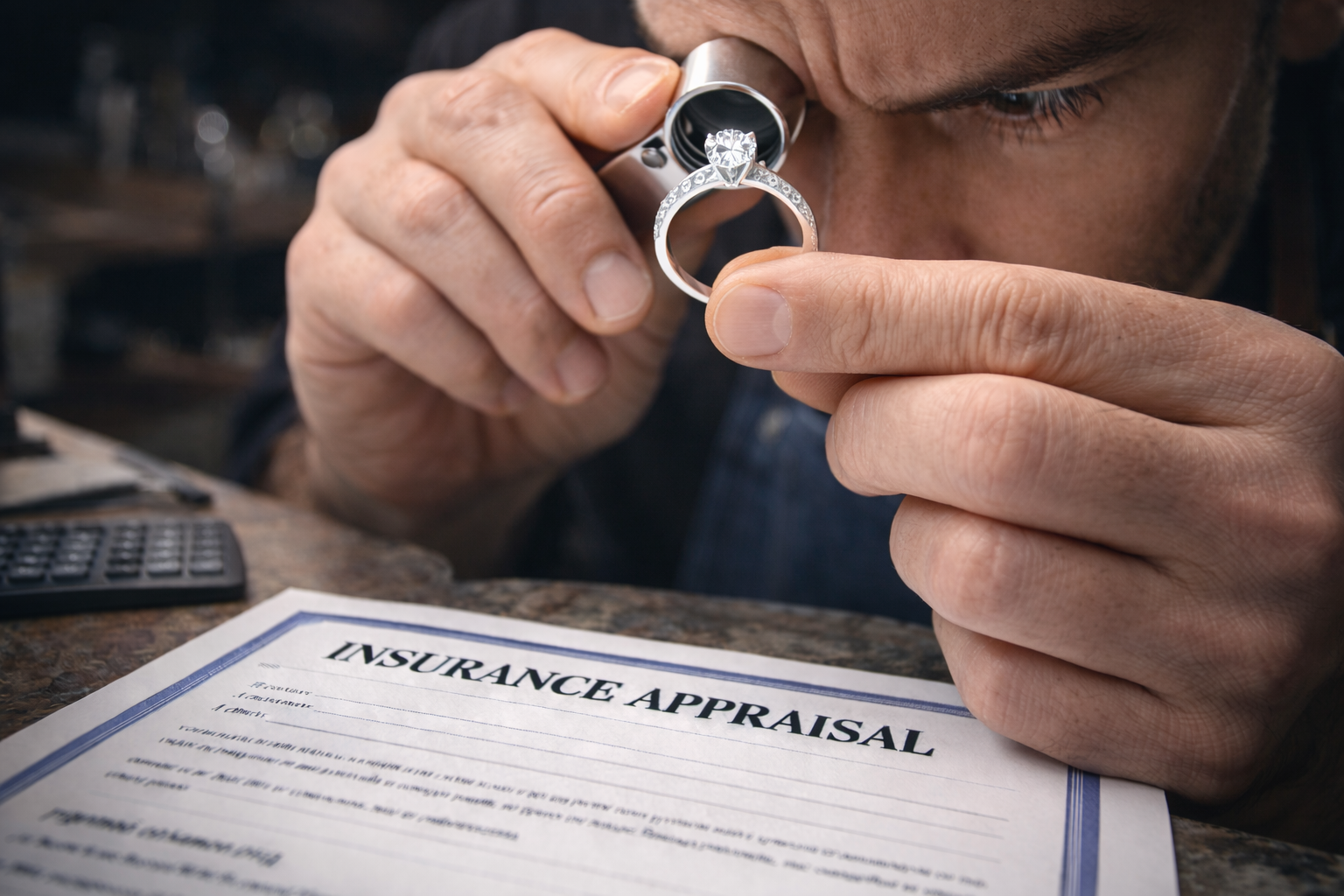Thinking of Renovating? How Home Upgrades Affect Your Insurance
Adams Kotel
Published on

Embarking on a home renovation project is one of the most exciting ventures a homeowner can undertake. Whether you're finally building that dream kitchen, adding a much-needed second bathroom, or finishing the basement to create a family room, a renovation can dramatically improve your quality of life and increase your home's market value. Amid the excitement of choosing paint colors, picking out fixtures, and interviewing contractors, however, there is a critical and often-overlooked phone call every homeowner must make: the one to their insurance agent.
Many homeowners assume their insurance policy will automatically adapt to the changes they make to their home. This is a dangerous and potentially costly assumption. A home renovation is not just a cosmetic change; it's a fundamental alteration of your property's value, its characteristics, and its risk profile. Failing to communicate with your insurance provider before, during, and after a renovation can lead to significant coverage gaps, claim denials, and unforeseen liability risks.
To protect your largest asset and your substantial new investment, you must understand how renovations interact with your homeowners insurance. This guide will walk you through the key insurance considerations for any renovation project, explaining why and when you need to contact your agent to ensure you are properly protected every step of the way.
Before the Project Begins: Updating Your Dwelling Coverage
The most immediate impact of a significant renovation is that it increases your home's replacement cost. As we discuss in our guide to replacement cost, your dwelling coverage (Coverage A) should be sufficient to rebuild your home from scratch at current labor and material costs.
- Increased Value: Adding a 500-square-foot extension, finishing a basement, or completely remodeling a high-end kitchen adds significant value to your home. If your dwelling coverage was $400,000 before the project, the new replacement cost might be $500,000. If you fail to increase your coverage and a fire destroys your home, you would be underinsured by $100,000, a devastating financial shortfall.
- The 80% Rule: Most insurance policies include a clause that requires you to insure your home for at least 80% of its total replacement cost. If your coverage falls below this threshold, the insurer may impose a coinsurance penalty, meaning they will not pay the full cost of a partial loss. A major renovation can easily drop you below this 80% mark if you don't adjust your coverage.
Actionable Step: Before the first hammer swings, call your agent. Discuss the scope of your planned renovation and its estimated cost. Your agent can help you calculate the new replacement cost of your home and adjust your dwelling coverage limit accordingly. This will likely increase your premium, but it is an absolutely necessary cost to properly protect your updated home.
During the Project: Managing New Risks
A home under renovation is a very different insurance risk than a finished home. The construction process introduces a host of new potential liabilities and perils that your standard policy may not adequately cover.
1. Liability Risk and Your Contractor's Insurance
You will have workers on your property for weeks or months. This increases the risk of someone getting injured. It is absolutely essential that you only hire contractors who carry their own insurance. You must verify that they have:
- General Liability Insurance: This covers damage the contractor might cause to your property or injury to a third party.
- Workers' Compensation Insurance: This is crucial. It covers the contractor's employees if they are injured on the job. Without it, if a worker falls from a ladder in your home, they could sue you directly for their medical bills and lost wages.
Actionable Step: Before signing a contract, demand to see a "Certificate of Insurance" from every contractor and subcontractor who will work on your property. Call the insurance company listed on the certificate to verify that the policy is active and the coverage limits are adequate. Never work with an uninsured or underinsured contractor to save money; the liability risk is immense.
2. Builder's Risk and Course of Construction Coverage
Your standard homeowners policy assumes a completed, occupied home. It may not cover certain risks unique to a construction site.
- Theft of Materials: Your policy may not cover the theft of a pallet of expensive lumber or a high-end appliance sitting in your driveway waiting to be installed.
- Foundation Collapse: A standard policy may exclude foundation collapse, which can be a risk during a major excavation.
- Vacant Home Exclusions: If you have to move out of your home for an extended period during the renovation, your policy may become limited. Most policies restrict coverage for perils like vandalism or water damage if a home is vacant for more than 30 or 60 days.
Actionable Step: Inform your agent that the property will be under construction and whether you will be living there or moving out. Depending on the scale of the project, they may recommend a "dwelling under construction" endorsement or a separate "builder's risk" policy. This specialized coverage is designed to protect the structure and materials throughout the construction phase.
After the Project is Complete: Finalizing Your Coverage
Once the dust has settled and your beautiful new space is complete, you need to make one more call to your insurance agent.
1. Finalize Your Dwelling Coverage
Provide your agent with the final cost of the renovation. They will make a final adjustment to your dwelling coverage limit to ensure it accurately reflects the new, higher replacement cost of your fully renovated home.
2. Document the Upgrades
This is the perfect time to update your home inventory. Take detailed photos and videos of the finished project. Keep all receipts and contracts from the renovation. This documentation will be invaluable if you ever need to file a claim in the future.
3. Ask About New Discounts
While renovations often increase your premium due to the higher home value, some upgrades can actually qualify you for new discounts. Be sure to tell your agent if your renovation included:
- A new roof, especially if you used impact-resistant materials.
- Upgrades to your electrical, plumbing, or HVAC systems. This is particularly relevant in older homes, as it reduces the risk of fire and water damage.
- A new, centrally monitored security or fire alarm system.
These risk-reducing upgrades can help offset the premium increase from your higher dwelling coverage.
Conclusion: An Essential Partnership
Your insurance agent is a key partner in your home renovation project. Communication is everything. By bringing them into the loop before you start, keeping them informed during the process, and following up when the project is complete, you can ensure there are no dangerous gaps in your coverage. A home renovation is a major investment. Protecting that investment with the right insurance coverage is not just a good idea; it is an essential part of the process. Don't let an oversight turn your dream renovation into a financial nightmare.
Share this article
About the Author
Adams Kotel
Lead Insurance Analyst
Adams has over 15 years of experience in the insurance industry, specializing in personal line products. He is passionate about demystifying complex insurance topics and helping consumers make educated decisions.
Related Articles

Pet Liability Insurance & Breed Restrictions: A Homeowner’s Guide
Your dog is family to you, but to an insurance underwriter, they represent a massive financial risk. We decode pet liability, the dreaded "breed blacklist," and how to insure excluded animals.
Adams Kotel

Scheduled Personal Property Insurance: A Complete Guide
Your standard homeowners policy has hidden limits that will not cover your engagement ring, Rolex, or fine art if stolen. Learn how Scheduled Personal Property insurance protects your most valuable assets.
Adams Kotel